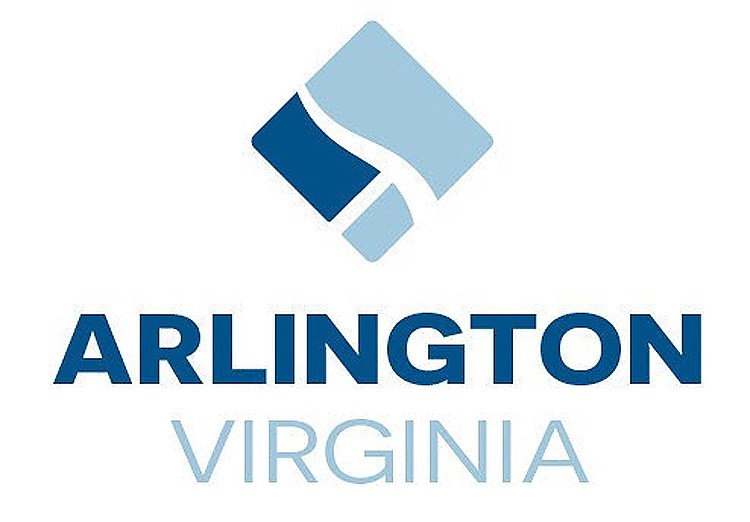Despite community concerns that the Arlington government leadership – elected and appointed – is increasingly disconnected from the community it theoretically serves, those very leaders contend there have been marked improvements in the breadth and depth of communication with residents in recent years.
“We have spent a lot of time coming up with ways . . . [of] expanding our tools,” County Manager Mark Schwartz said in a May 16 briefing of County Board members.
The county manager acknowledged that many in the public are unhappy with their interactions with county government.
“We’ve had lots of conversations [among staff] about perceptions in the community and where we have not perhaps done a phenomenal job,” he said.
The conversation that followed at the May 16 board meeting seemed at least partially engendered by a damning resolution, adopted by the Arlington County Civic Federation in March, that was highly critical of the government-resident relationship.
The views of residents “have been dismissed,” former Civic Federation president Stefanie Pryor said in the lead-up to the 75-32 vote adopting the resolution.
Gaining access to information from those in the corridors of power, Pryor said at the time, “is getting more and more difficult and more contentious.”
Some of those opposing adoption of that resolution suggested those advocating for it were simply piqued that new voices are being included in the community conversation. That seemed to be a view shared, if obliquely, by County Board member Katie Cristol during the May 16 discussion.
Cristol said those who in the past had generally gotten their way out of county government are no longer the only voices being heeded.
“There are going to be people who disagree with you and come from different places,” she said.
But, Cristol added, the county government needed to play fair with all sides.
“You should be able to expect consistency in the policy-making process,” she said. “You should expect clarity about when, how and why we engage you. People should be able to expect transparency.”
The government’s community-engagement efforts have been upended, sometimes radically, owing to the COVID era – in some ways for the better, some for the worse, and perhaps many where the jury is still out. With COVID now mostly in the rear-view mirror, it is time to revitalize engagement and “think to the next phase,” County Board member Matt de Ferranti said.
Civic Federation president John Ford, who termed the March resolution an attempt to jump-start efforts aimed at restoring confidence in local governance, said adoption of the measure serves as a beginning, not the end, of a process.
“We are pursuing . . . engagement with the County Board and county manager,” he said at the Civic Federation’s May meeting, noting that a more robust update to the membership would be delivered in June.
Those who want to see a change in attitudes at the top have some opportunities; Cristol is departing the County Board in July, six months before the end of her term, and County Board Chairman Christian Dorsey is leaving in December after not seeking a third four-year term. That guarantees 40 percent of the five-member board will be new to the dais by the start of 2024.



